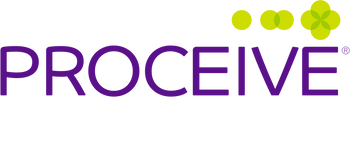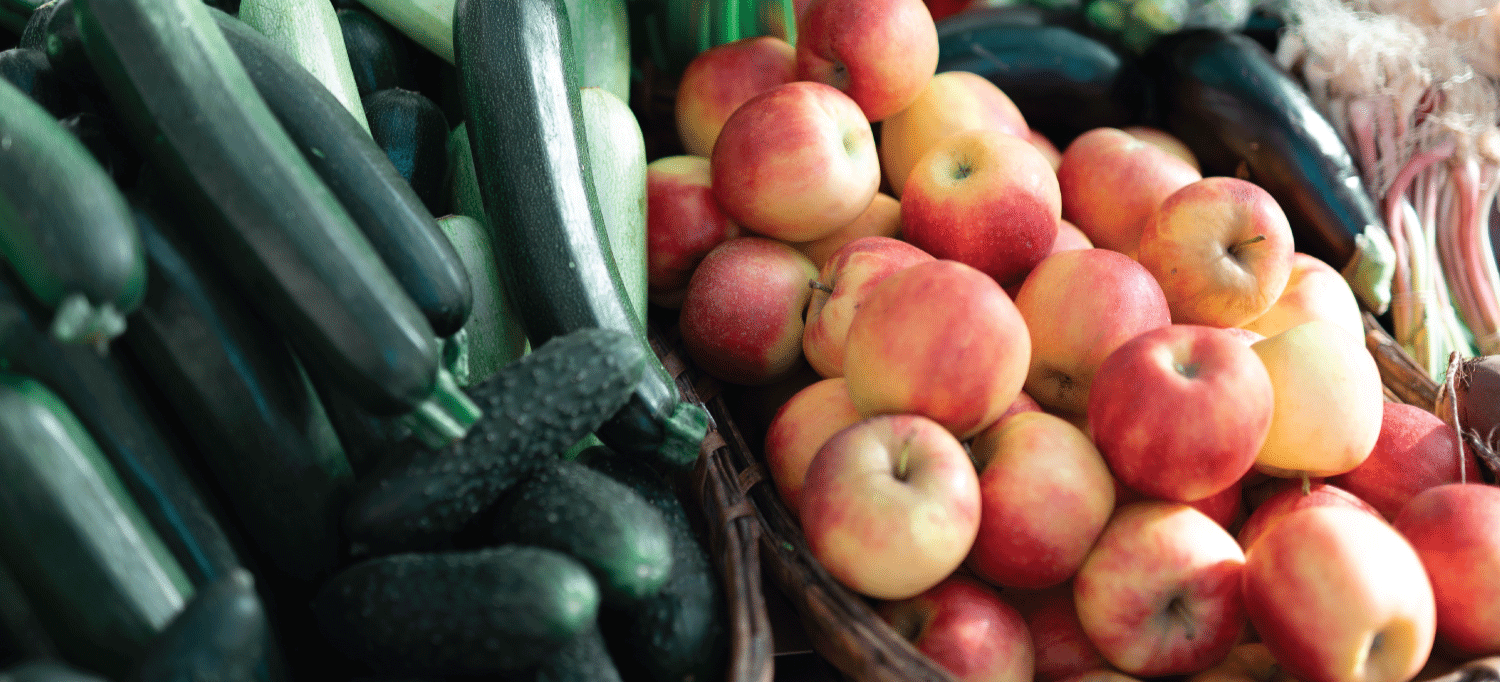Deciding to have a baby is one of the most exciting times in a couple’s life. It is only natural to want to get pregnant quickly, have a problem free pregnancy and the brightest, healthiest and most beautiful baby.
Many people start to look after themselves after they get pregnant, they stop drinking alcohol start paying attention to their diet. But, did you know that the baby’s body is completely formed just 10 weeks after conception?
Ensuring mum-to-be is getting her essential nutrients before conception can have a positive impact on fertility and better health outcomes for mum and baby.
Kat Boyd ND, shares the vitamins and minerals that are important when planning a pregnancy and, more importantly, where to find them;
FOLATE
The most well recognised fertility nutrient is folate (also known as folic acid or vitamin B9). The UK Department of Health recommends that all pregnant women take a supplement containing 400mcg of this important nutrient. Folate contributes to normal maternal tissue growth during pregnancy and reduces the risk for problems with the baby’s brain and spine known as neural tube defects. It is found in green leafy vegetables, lentils and beetroot.
IRON
Iron is essential for normal blood development and normal cognitive function and can be found in red meat, turkey, sardines, Jerusalem artichokes and spinach.
ZINC
Healthy cell division has a critical role in foetal development and the mineral that contributes to this is zinc, which is in oysters, meat, seeds and nuts.
CALCIUM
Calcium along with magnesium, vitamin D and Vitamin K are essential for healthy bone development. Calcium is rich in dairy products, wheat germ, egg yolks, green leafy vegetables and sesame seeds.
MAGNESIUM
Magnesium can be found in red meat, poultry, nuts and seeds.
VITAMIN D
Vitamin D is made inside our bodies in response to sun exposure. It’s in small amounts in sardines, cheese, egg yolk and milk however relying on dietary sources alone is difficult and the UK Department of Health recommends that all people living in the UK should supplement this important vitamin.
VITAMIN K
Vitamin K is found in raw kale, silver beet and other green vegetables.
SELENIUM
Selenium is an important antioxidant and is found in Brazil nuts, mushrooms and eggs.
B VITAMINS
The B vitamins contribute to the production of blood cells during pregnancy and help with normal hormone balance, they can be found in yeast, meat and eggs. B12 is difficult to get if you are following a vegan diet and should be supplemented.
IODINE
Iodine helps make thyroid hormones essential to support neural development and can be obtained in seaweeds like kelp, wakame and nori and also in cod and some dairy.
CHROMIUM
Chromium is needed for energy and maintains stable blood sugar levels. Good sources are Romaine lettuce, broccoli, onions, tomatoes, whole grains, brewer’s yeast and potatoes.
MANGANESE
Manganese is an essential trace mineral needed for numerous enzyme reactions, normal bone growth & development, lipid metabolism, and nerve function. Nuts, whole grains, seeds, leafy green vegetables, raspberries, strawberries and garlic are good sources.
OMEGA 3
Omega 3 fatty acids are also important for normal brain development, in particular DHA is in oily fish such as sardines, anchovies and salmon.
Nutrients are best obtained from a balanced organic diet; however many of us find it hard to eat this way all of the time. Due to the importance of some nutrients and the difficulty obtaining them; I always recommend a comprehensive vitamin and mineral supplement just to make sure that mums-to-be are getting all they need for a healthy conception and pregnancy.

